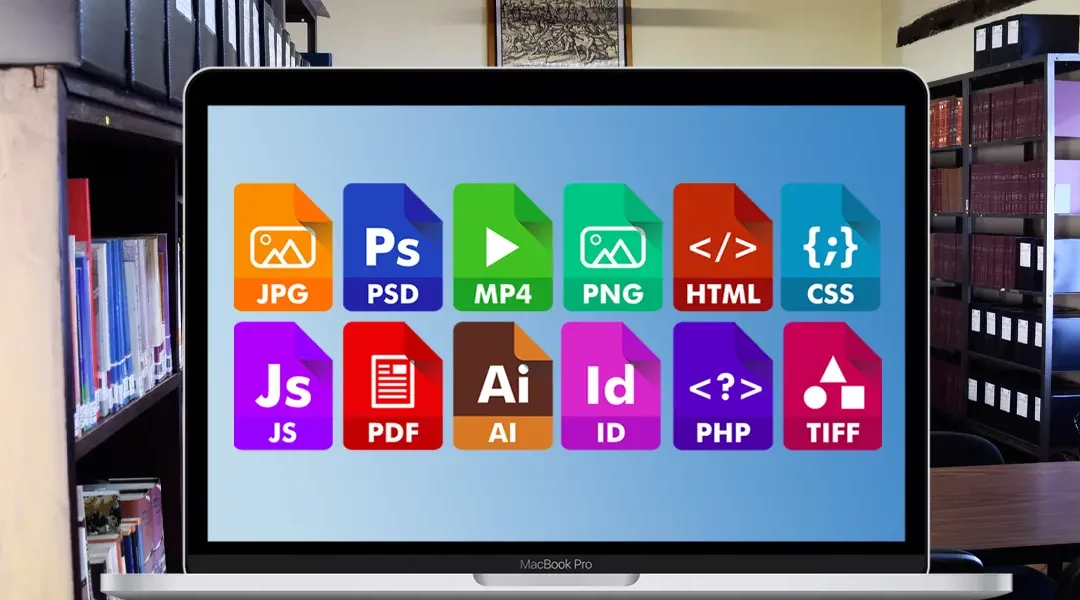
Creating Sustainable Digital Files; What Archivists Need to Know
Technical post, digital archives. Converting physical information to electronic form requires archivists to understand digitization fundamentals

Technical post, digital archives. Converting physical information to electronic form requires archivists to understand digitization fundamentals
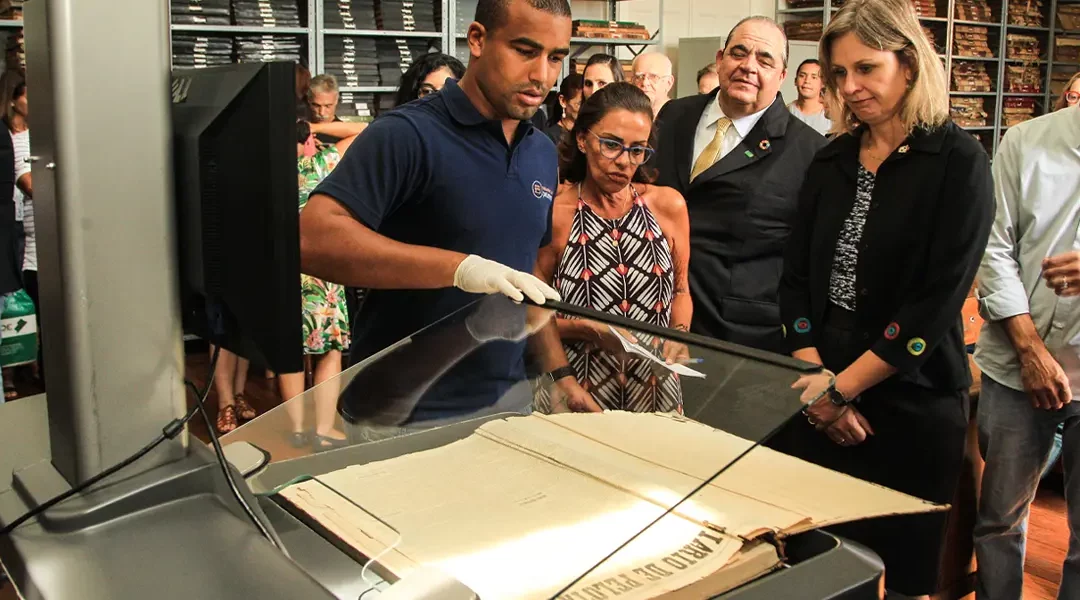
Technical post; archival digitization; additive and subtractive light mixtures differ; this complicates reproduction of images on monitors or in print.
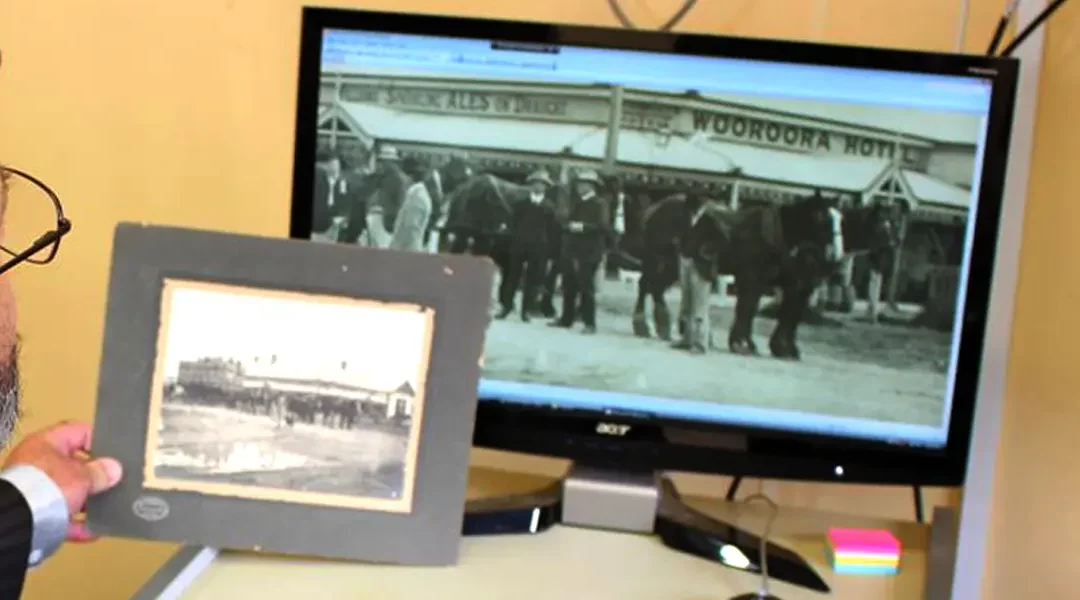
Archivists embrace the digital world as they transform their physical holdings into electronic records through digitization projects.
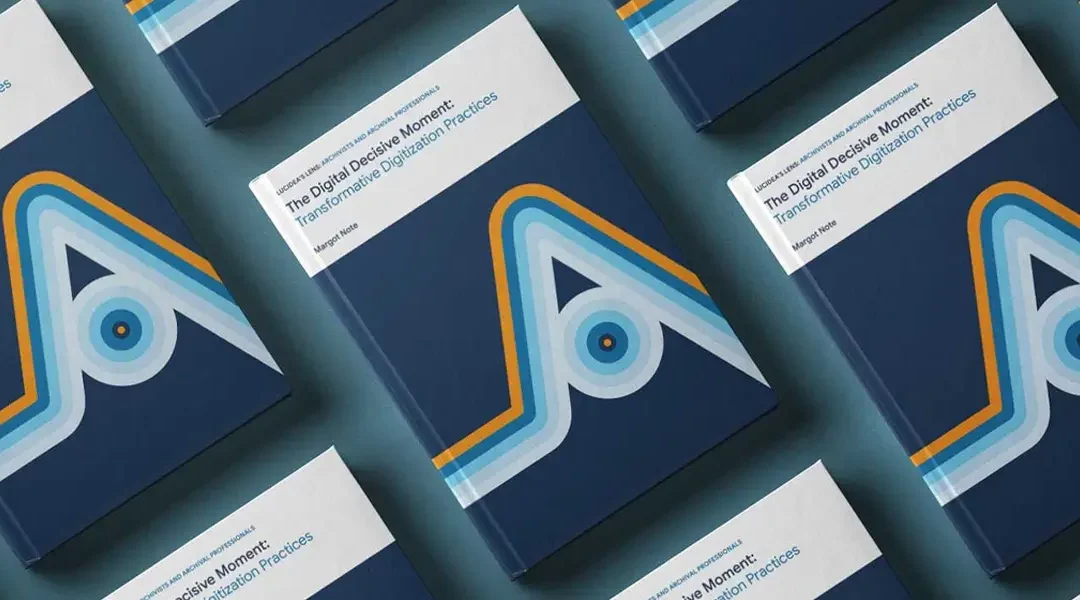
Archivists have entered the digital decisive moment; digitized and born-digital images have substantially departed from the legacy of analog materials.
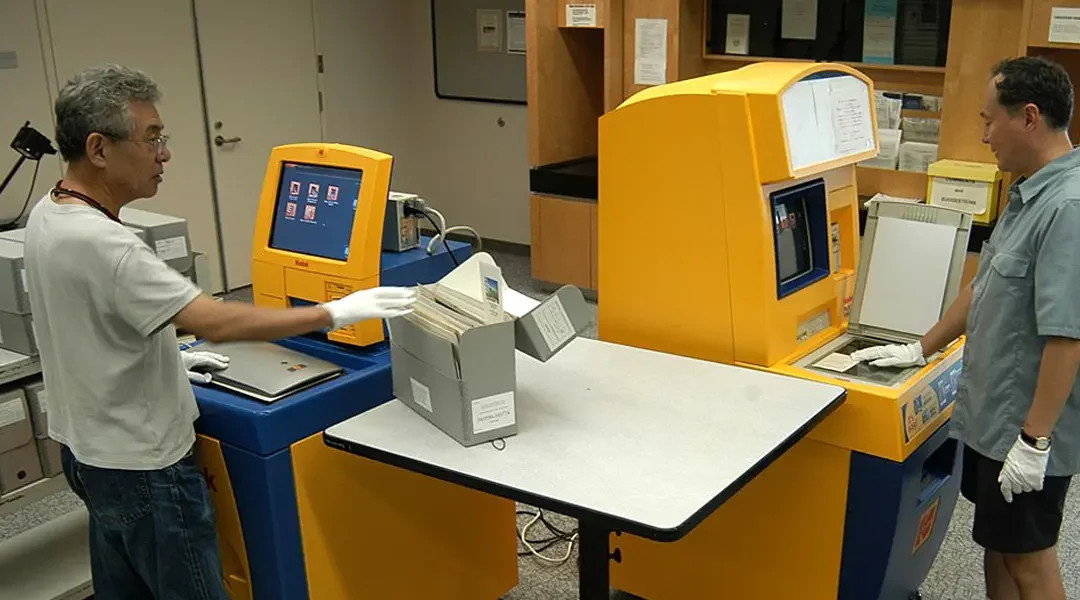
Archivists can accelerate gains from digitization by presenting a business case for digital transformation to those who lead their organizations.

Increases in remote working, changing needs, and user preferences for remote research have made digitization of archival holdings a priority.
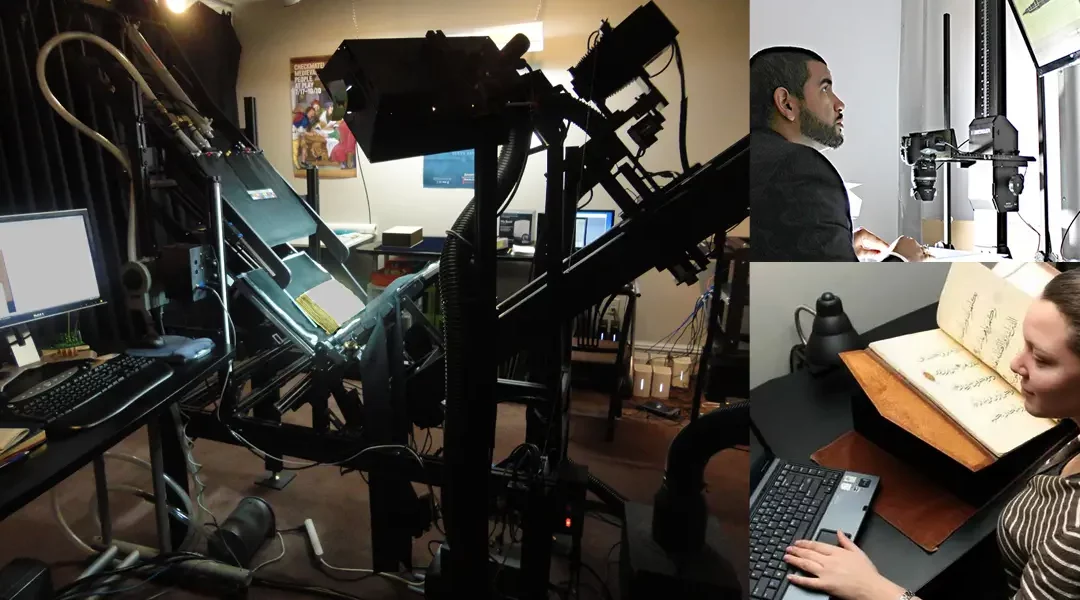
Archival digitization projects are complex but when managed successfully their benefits outweigh the skills, costs, and time required

The history of a business is a key to its identity; keeping the memory of its strategic path via corporate history helps focus that identity over time.
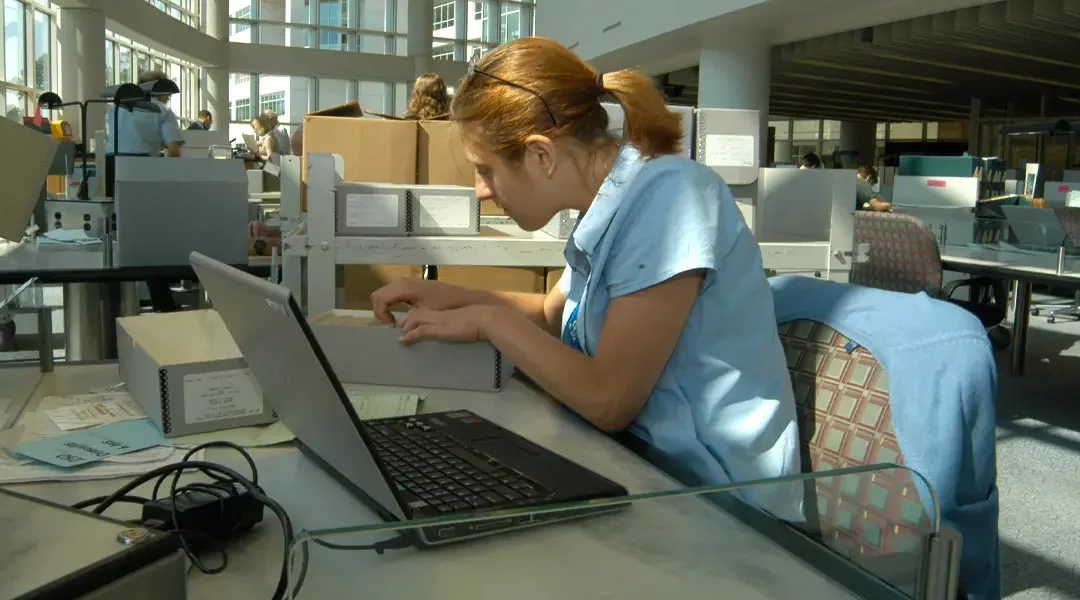
Organizations evaluate records and set retention periods based on records lifecycles; there are 3 stages: active use, semi-active use, and disposition
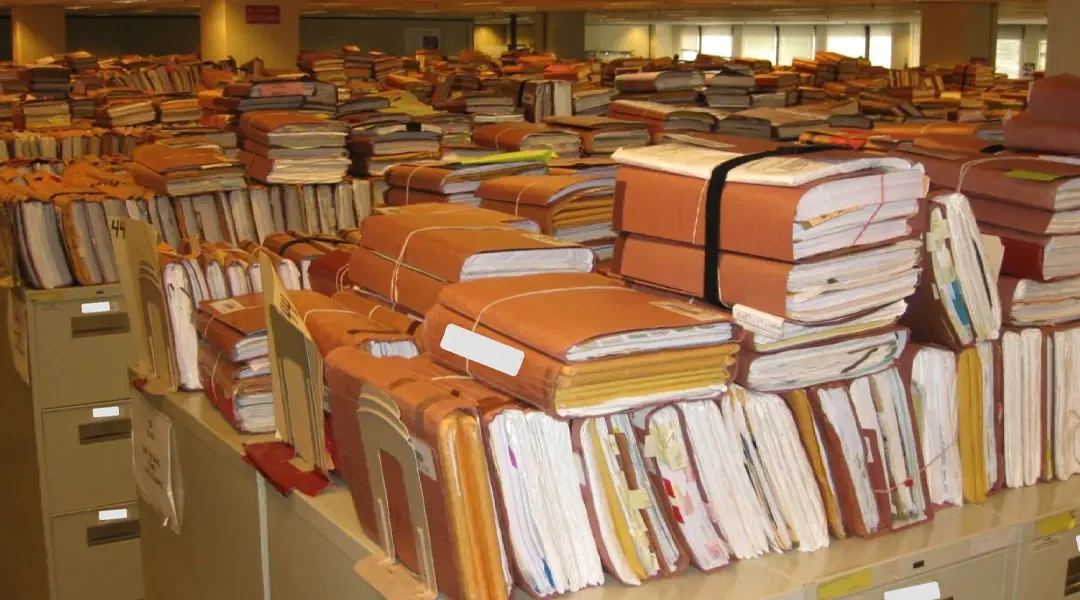
The functions of records maintenance include organizing and filing records and identifying which records to retain and for how long.
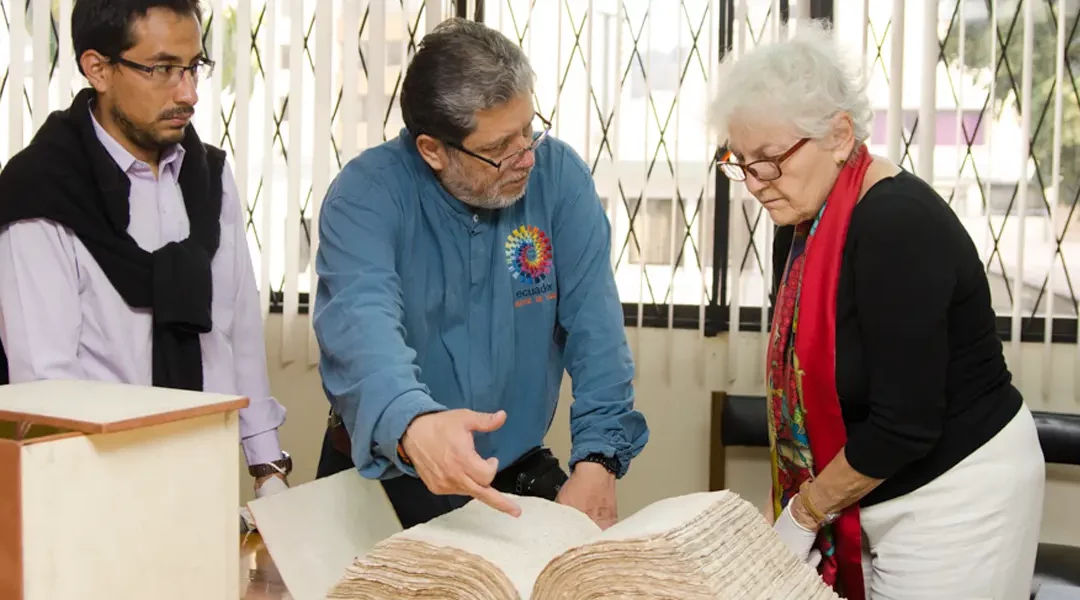
The purpose of a records survey is to determine records categories users create, receive, process, or maintain in operational or project-based work.
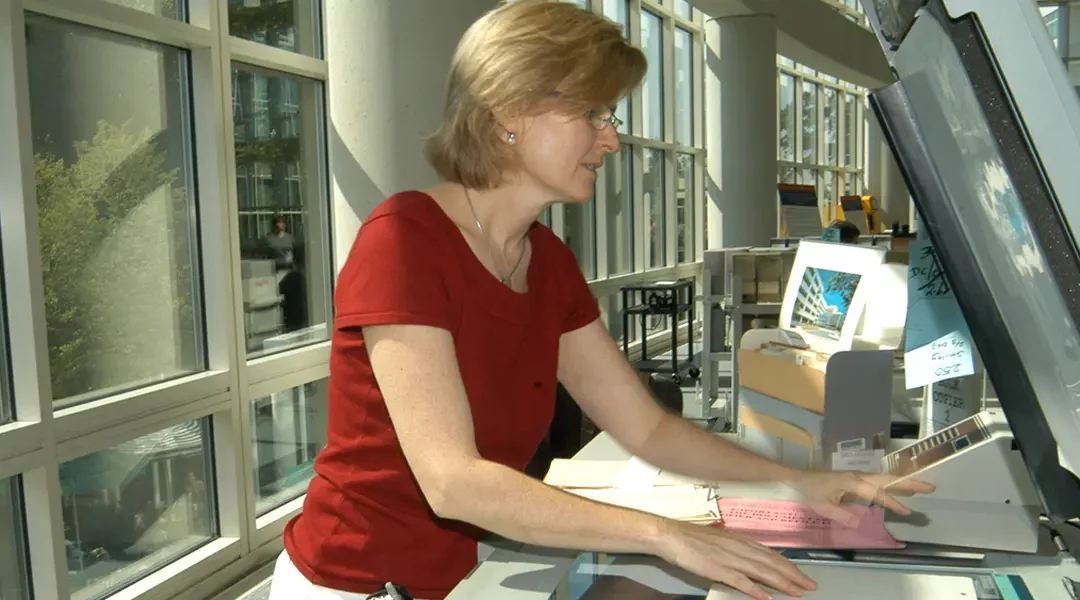
Archivists transform complex groupings of primary sources into insightful and succinct information through arrangement and description; principles

Organizations benefit themselves and the public by preserving records, organizing them, and making them available within and outside the institution.
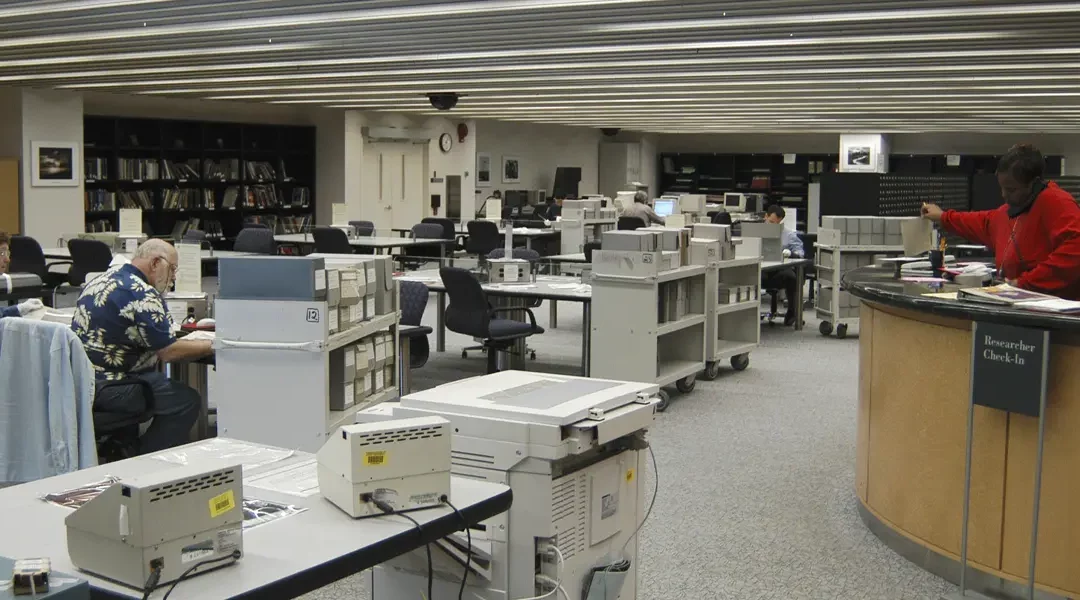
Archivists can identify advocacy content that fits into customer service interactions, represents the archives’ perspective, and articulates its needs
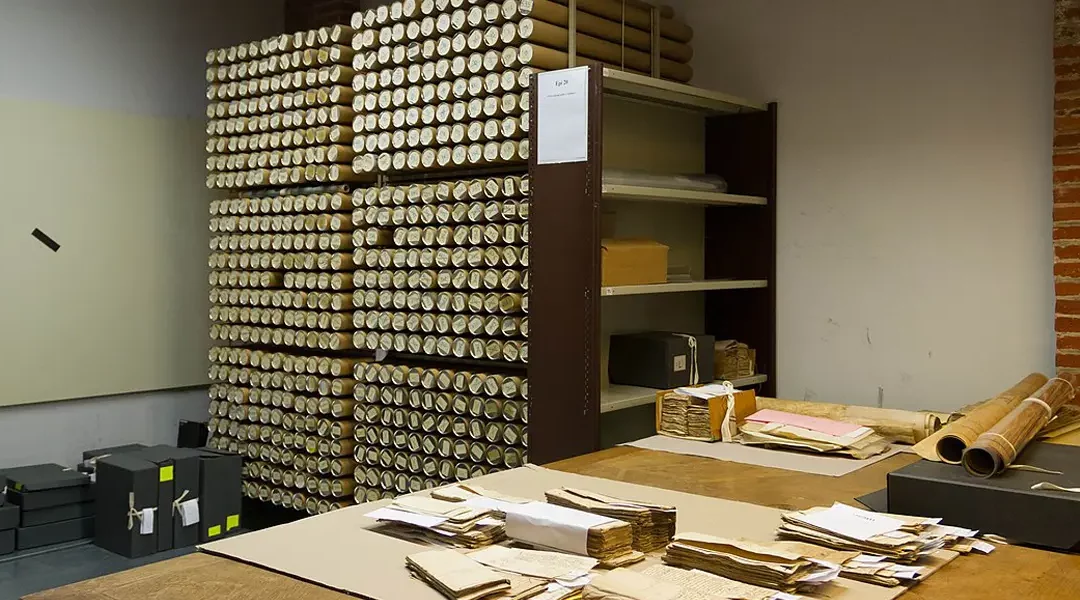
Organizational archivists must decide whether archival collections must or should be located in the same facility as the organization; tips, advice
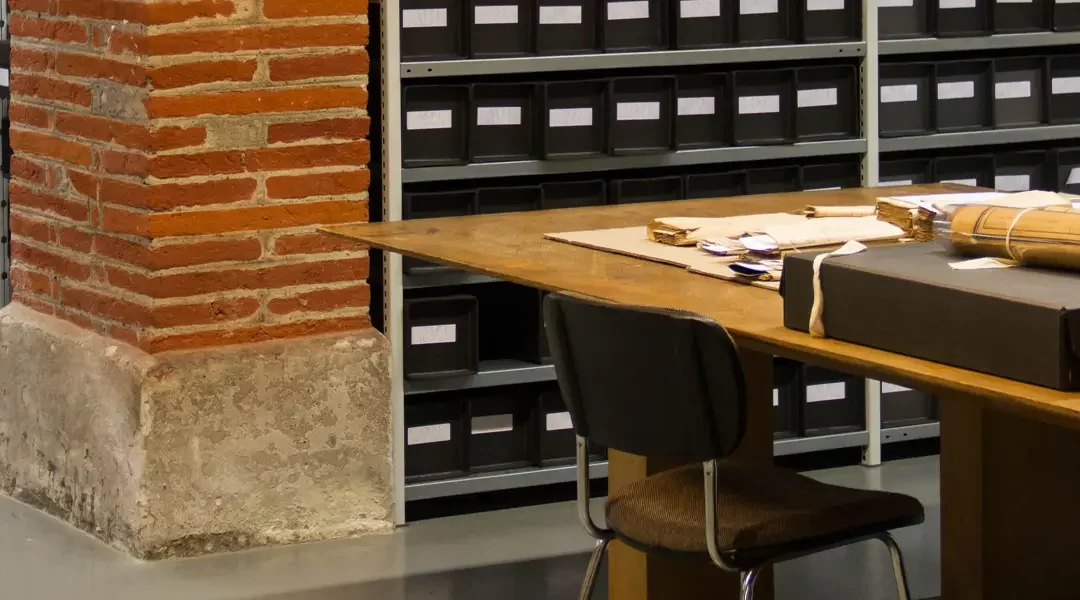
Archival holdings may need external repositories; archivists must consider how often materials are used and how quickly they are needed when planning.

Archivists should establish means and protocols for accommodating external researchers who want to consult the organizational collection.
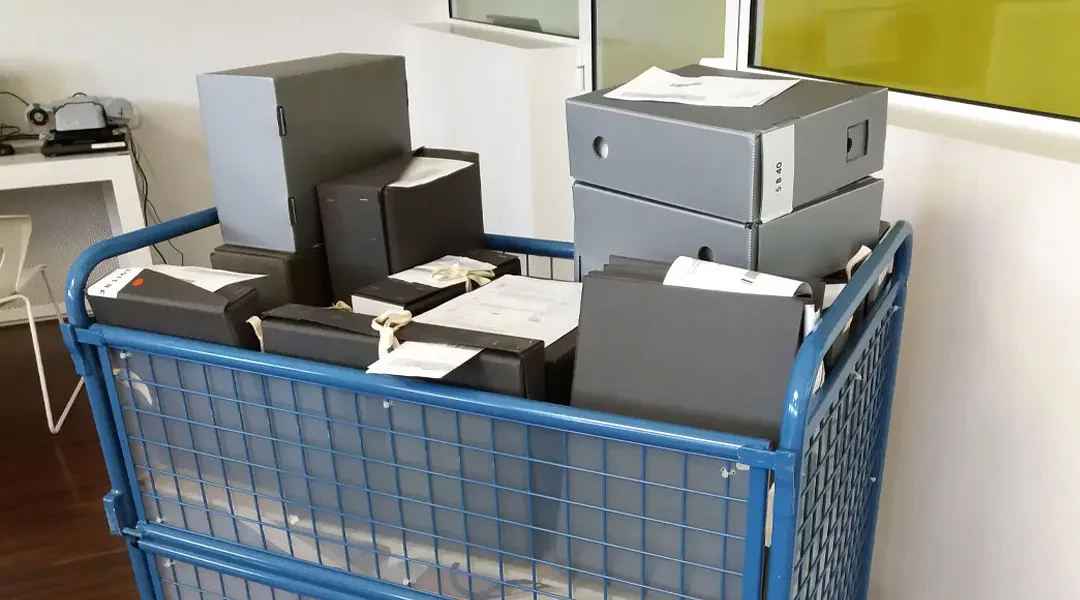
Archivists refine the arrangement (processing) of archival materials, rehouse material, and create inventories to facilitate future access
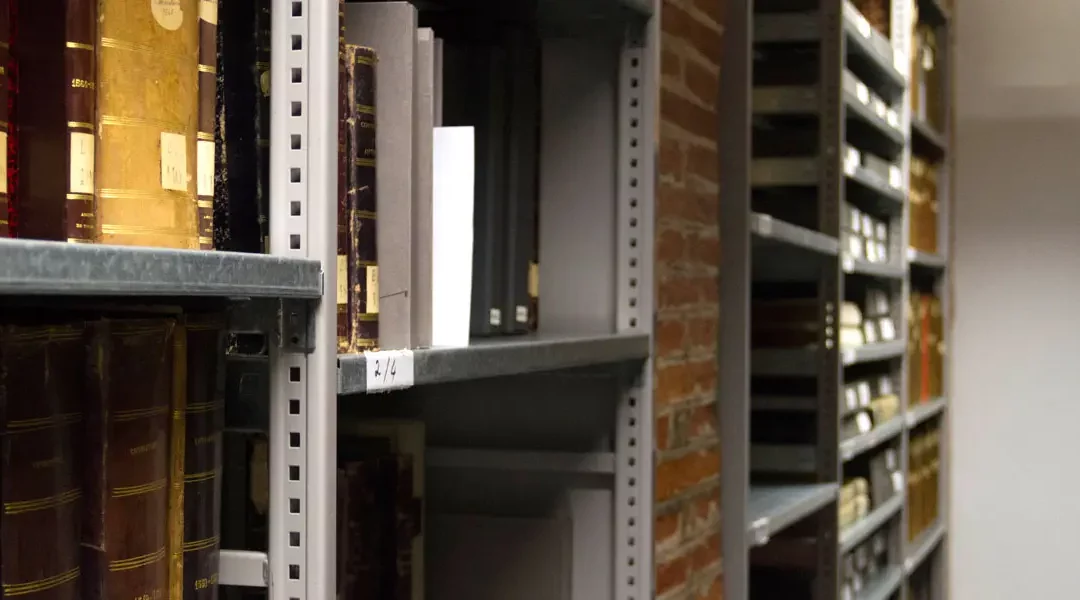
Creating a records retention schedule should be one of the archivists’ first tasks after an archival assessment.
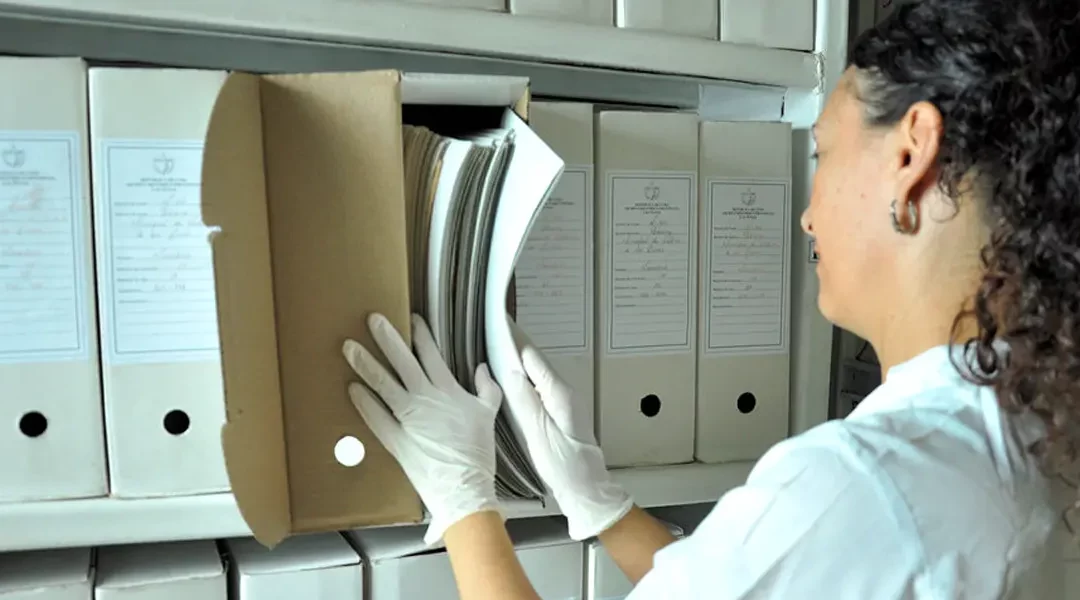
Many organizations have no room to store archival collections, so vigilance is needed to protect rare and fragile materials, especially audiovisual
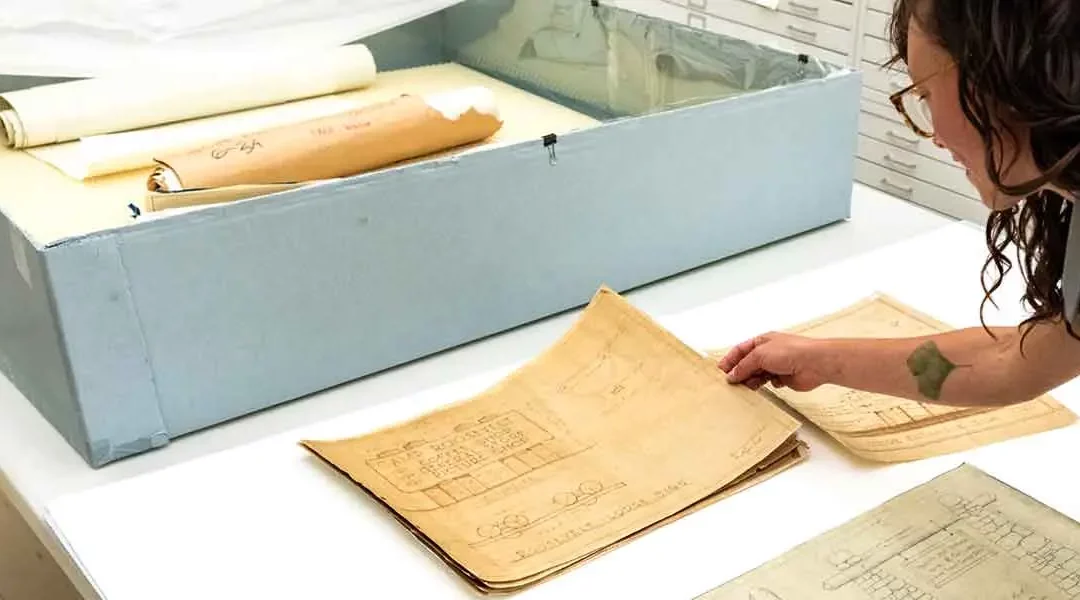
An assessment of archival collections assists in strategically meeting user needs, allocating resources effectively, and securing funding.
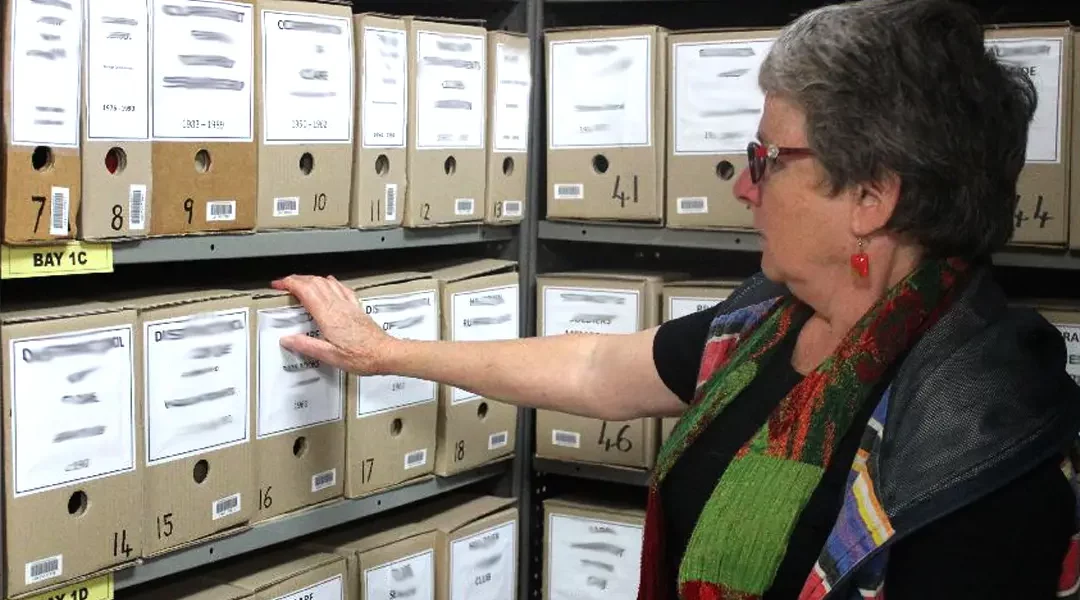
Professional archival principles and standards are developed over decades; each organization adheres to them in its own way.
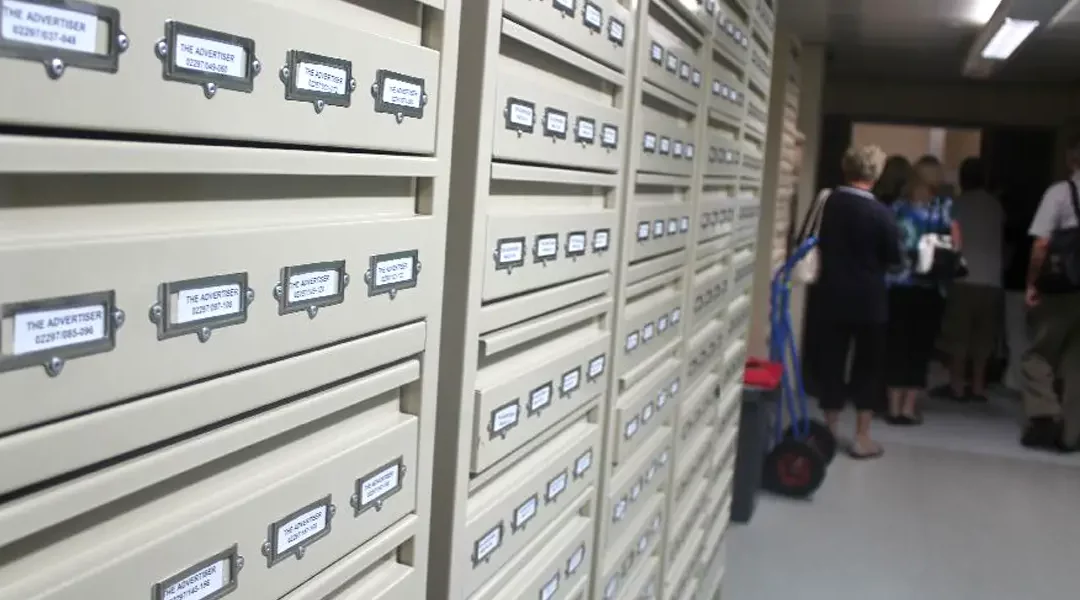
Whatever an archival program’s shape, archivists should enlist all possible stakeholders’ input at inception to build foundation for long-term success.
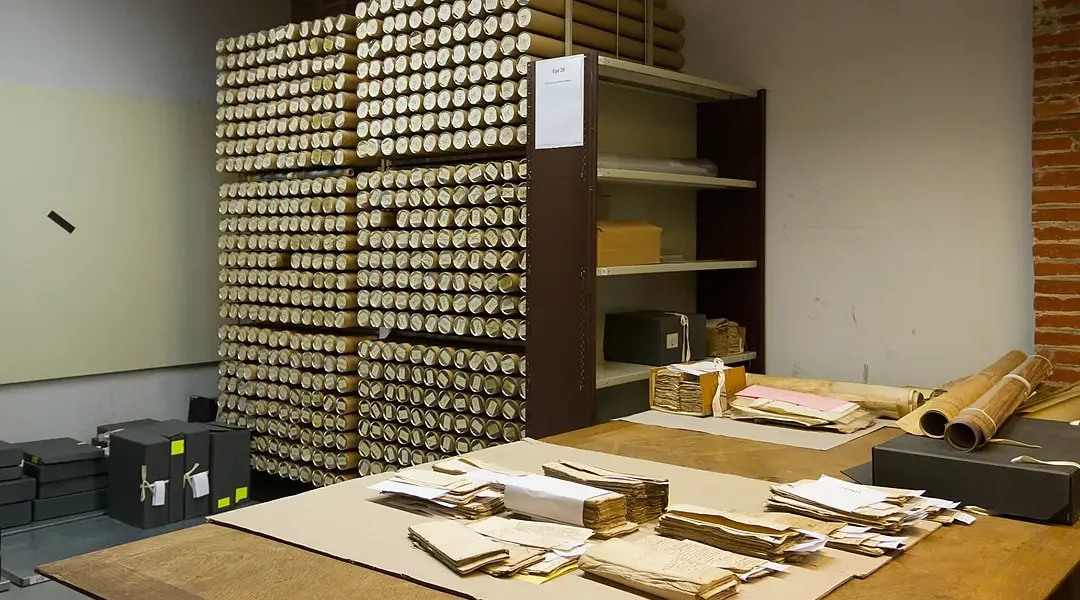
Organizations need to retain certain records beyond current needs according to regulatory, legal, financial, and operational requirements.
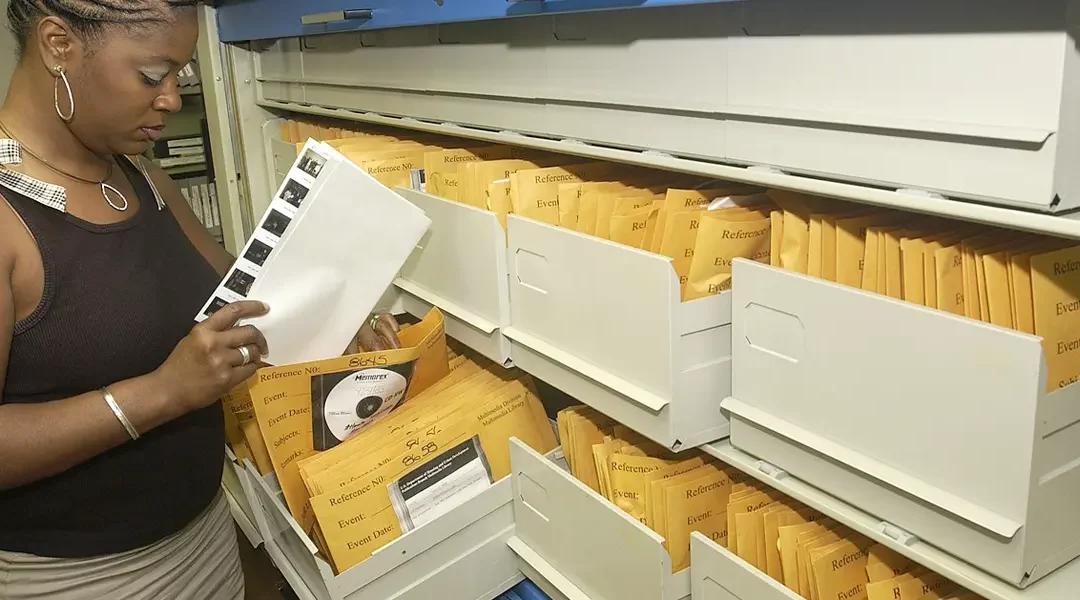
An archival program allows archivists to identify, save, and retrieve necessary information while safely removing unnecessary material.